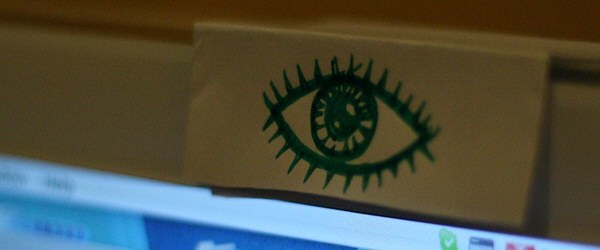Bashaw v. Johnson, 2012 WL 1623483 (D.Kan. May 9, 2012)
Some employees filed suit after they learned that their boss — who required them to wear skirts to work — allegedly installed the Cam-u-flage video surveillance app on his iPhone and iPad to surreptitiously capture upskirt shots of plaintiffs at work.

The boss filed a counterclaim under the Computer Fraud and Abuse Act (CFAA), claiming that plaintiffs deleted data from his iDevices without authorization. Plaintiffs moved to dismiss this counterclaim. The court granted the motion.
The court held that the boss failed to allege the nature of his alleged damages within the meaning of the CFAA, and that he failed to sufficiently allege a qualified loss as defined by the statute.
As for damage, the court found that the mere allegation that data had been erased, without identifying which data, did not meet the plausibility requirement to survive a motion to dismiss. (Hmm. I wonder what data the plaintiff-employees would have wanted to delete?)
On the question of loss, the employer alleged that such calculation “would exceed” the CFAA threshold of $5,000. But he did not allege that he actually incurred losses in that amount. He did not mention any investigative or response costs, nor did he allege any lost revenues or other losses due to an interruption in service.
Photo credit: Magic Madzik
